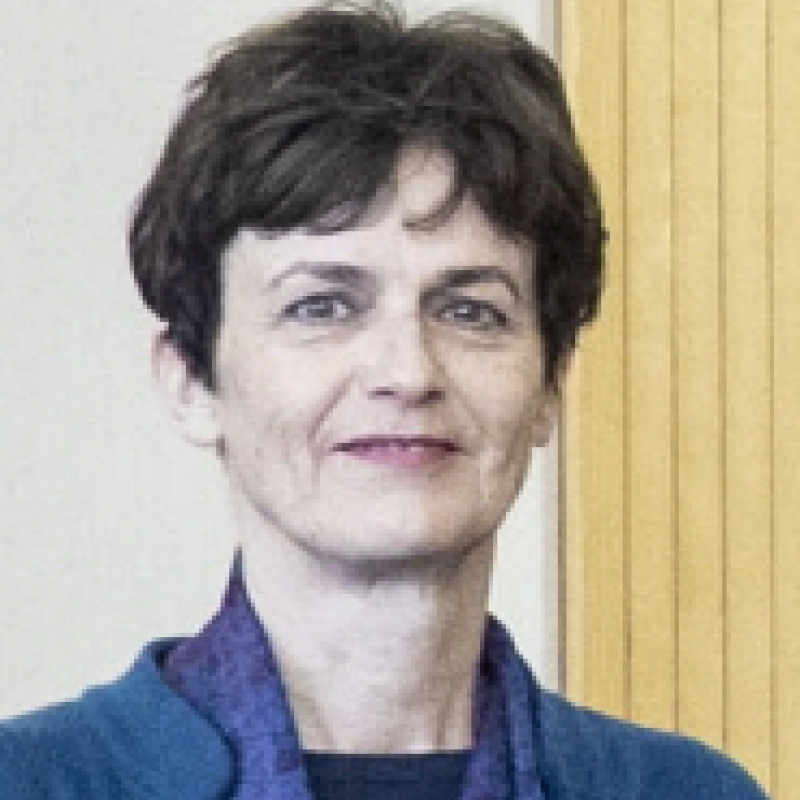I have more than 30 years of professional experience in the international food and agriculture sector, a large part of it in evaluation.
I currently serve as a Senior Evaluation Officer at FAO of the UN, leading a team focusing on enhancing the effectiveness of and learning from evaluations across the Organization. In this role, I also oversee and lead evaluations that aim at informing strategic and programming directions of FAO and are actively involved in reshaping evaluation both in FAO and in the wider international evaluation community to better respond to the needs of the 2030 Agenda.
From 2012 to 2019, I served as Head of the Independent Evaluation Arrangement of CGIAR, developing a comprehensive, harmonized and coordinated system of evaluation to support the research for development agenda CGIAR. While at CGIAR, I also led the conceptualization and development of systematic and comprehensive approach and methodologies to evaluate the agricultural scientific research for development programs and institutions, as well as the further development of standards, guidance and procedures for evaluations, providing a quality assurance framework for evaluation that guided evaluation teams and managers across a complex system of research organizations.
My earlier career included posts with the Asian Development Bank, the French Research Centre for Agriculture Development, and FAO’s Economic and Social Department.

My contributions
Evaluation synthesis: an added boost to corporate learning
BlogLa synthèse n'est pas nouvelle au sein de la communauté de l'évaluation, mais l'utilisation des synthèses d'évaluation s'est accrue au cours des dernières années. Cela est dû en partie à la reconnaissance qu'une bonne synthèse d'évaluation peut être un moyen puissant d'extraire des connaissances à partir des évaluations spécifiques – connaissances qui sont souvent sous-utilisées une fois le processus d'évaluation achevé.
De plus, la consolidation des connaissances (qu'elles soient techniques, opérationnelles ou institutionnelles) peut éclairer la prise de décision au niveau des institutions de manière rentable et influencer la programmation, les politiques et les stratégies. Elle peut aussi permettre de
Posté par
Rachel Sauvinet Bedouin
Senior Evaluation Officer FAO of the UN